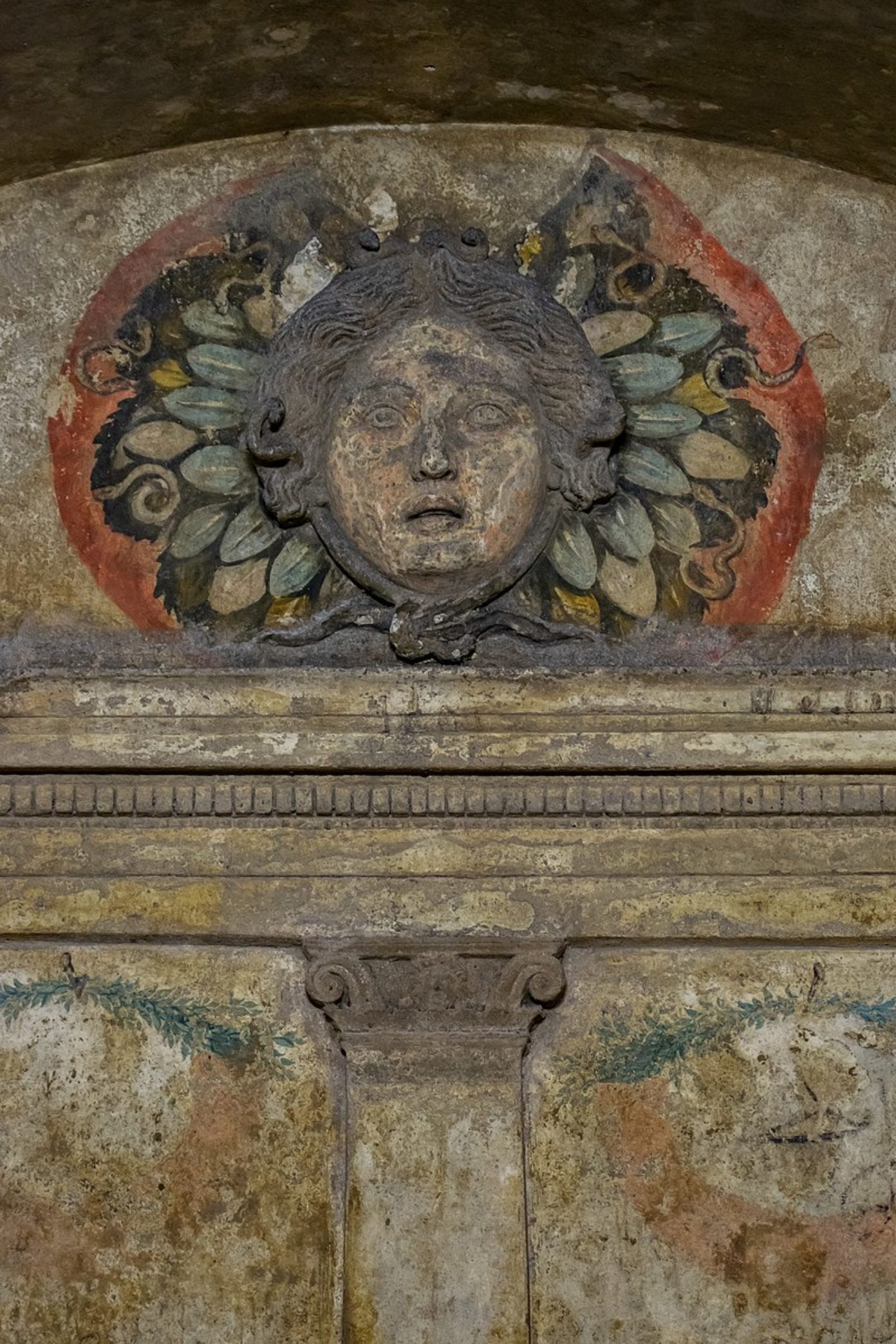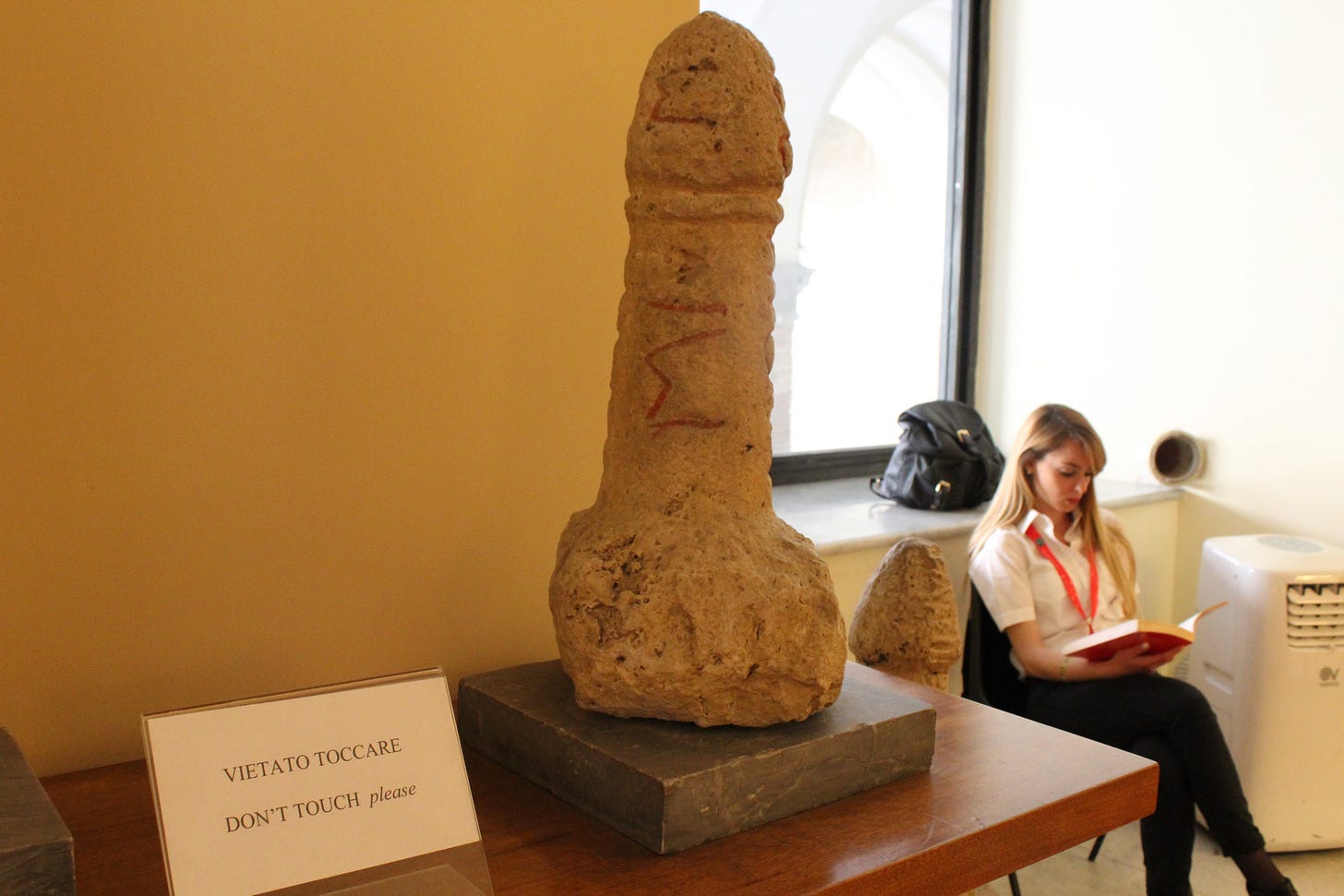Draft Dodging
The Italian view on health and luck
Never go outside in Italy with wet hair. If you absolutely insist on using the air conditioner in summer, don’t sit directly in front of it because the cold, damp air can make you sick. Be vigilant about the air coming through a drafty window or doorway because it can hit an exposed part of your body and cause anything from sniffles to chronic arthritis. All this is advice firmly adhered to and proffered by Italians in nearly every region of the boot. Though they agree that coughs and sneezes spread diseases via bacteria and viruses, Italians will still swaddle their neck in a scarf in August if they fear being attacked by a damp draft of air.
Lo spiffero (the draft), la corrente (the current), or il colpo d’aria (a hit of air) divides Italy and other Mediterranean countries from the rest of the world in a way that is as funny as it is fascinating. Ask anyone from Bari to Bethlehem if a draft of air can make you ill and watch terror overcome their face. I’ve also noticed that in countries where being in too much wind is considered a health hazard, belief in the evil eye is especially strong. The common thread? Ancient Greeks. In every country where Alexander the Great set foot, you can, like my grandmother, lose your hearing from a tiny cyclone that wended its way through the kitchen window. And you might feel uneasy when given a compliment, as it might be the evil eye of jealousy cast upon you that sets off a spate of health problems. Flattery is often a Trojan Horse full of ill will.

In the 4th century B.C.E., Hippocrates wrote “On Airs, Waters, and Places,” discussing miasma (Greek for pollution) that spread diseases. In the same century comes one of the first descriptions of malaria. The Romans called it “marsh fevers,” which were spread by miasma from fetid waters. The word malaria comes from medieval Italian mal aria — bad air. Malaria was the scourge of the Italian peninsula until the early 20th century, when mosquitos, not miasma, were finally recognized as the problem.
Historians have made a strong case for mosquitos in the Pontine Marshes being the decisive factor in the rise and fall of the Roman Empire. In the early 3rd century C.E., the emperor Caracalla’s physician fought malaria with a prescription for an amulet inscribed with the word Abracadabra. Since then, there has been an unbroken tradition of amulets that protect against malevolent, unseen forces.
The cornicello (little horn) is almost ubiquitous, and though it’s most popular in Southern Italy, you’ll see it in every region. Its origin is likely an eland’s horn to symbolize abundance and fertility (think of cornucopias). Still, it also has a phallic quality, and the Romans used fascinum — phallic amulets to ward off evil spirits. (The word “fascinate” comes from the Latin word for evil spells.) There’s an entire room in the Archaeological Museum in Naples dedicated to these objects found in Pompeii.

In a Naples guidebook written in the 1890s, the British author describes how most people wore amulets shaped as either sirens (mermaids) or seahorses to divert the evil eye. The amulets also had tiny bells attached, so when pinned to an infant's clothing, the bells might alert the child to the presence of the evil eye cast on them, an early lesson in attention and vigilance being the key to survival.
I tease my Italian friends and family about their fear of the air, but Covid-19 has forced me to consider how I live in the presence of an unseeable, airborne disease. While scientists unravel Covid’s mysteries, we have all dealt with them using our belief systems: vitamin regimen, family history, positive mindset, disciplined masking, or maybe blood type. We’re waiting for science to tell us what’s right. In the meantime, I’ll continue wearing my cornicello.
Tante Belle Cose is a free newsletter. To support my work, learn with me online via Context Travel where I offer weekly seminars about Italian art, culture, and history.
See my upcoming seminars: https://www.contextlearning.com/collections/danielle-oteri



Thanks for this reminder -- we're leaving on Monday and I forgot to pack scarves!! Jeez Louise!!
Danielle, I love this! It's so timely for me since the mal'occhio looms large in a book I'm currently writing. And as long as my mother was alive, she worried about my exposed neck on a windy day. Thank you for t his.